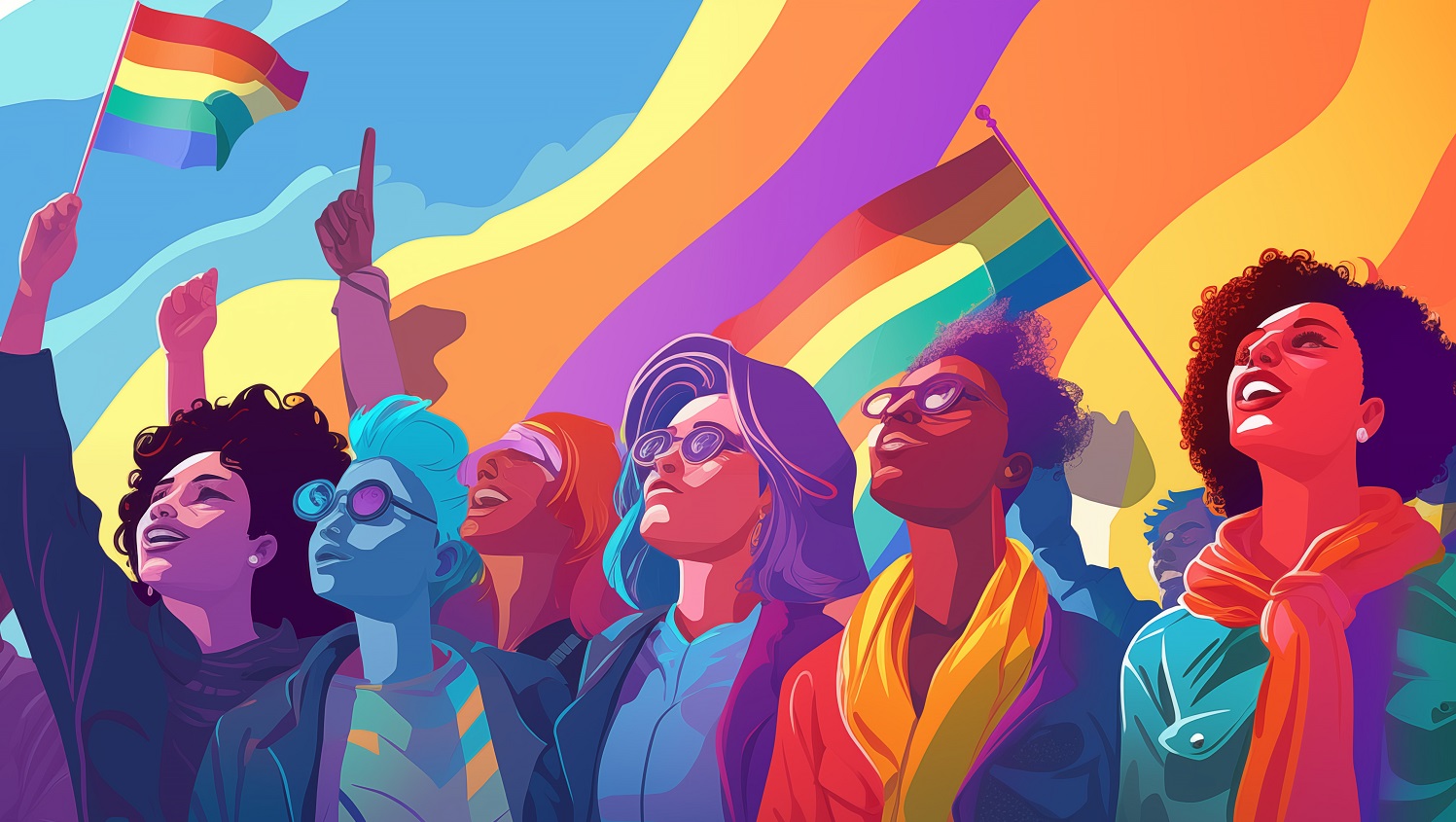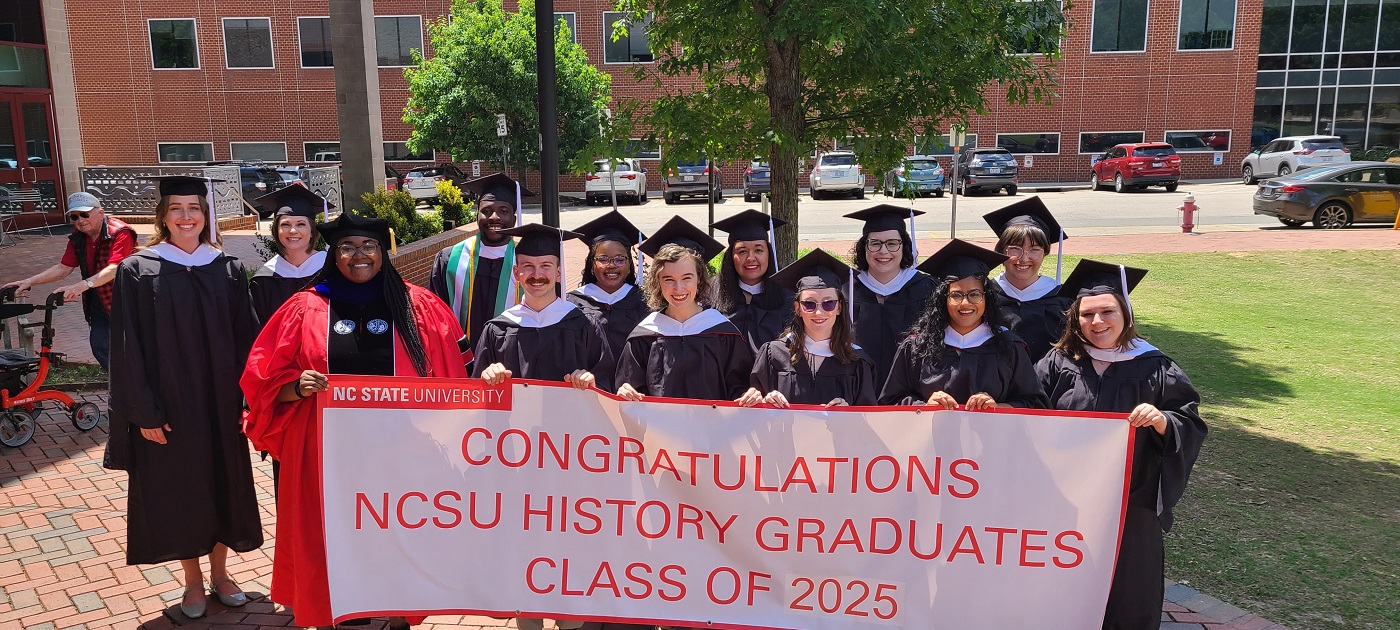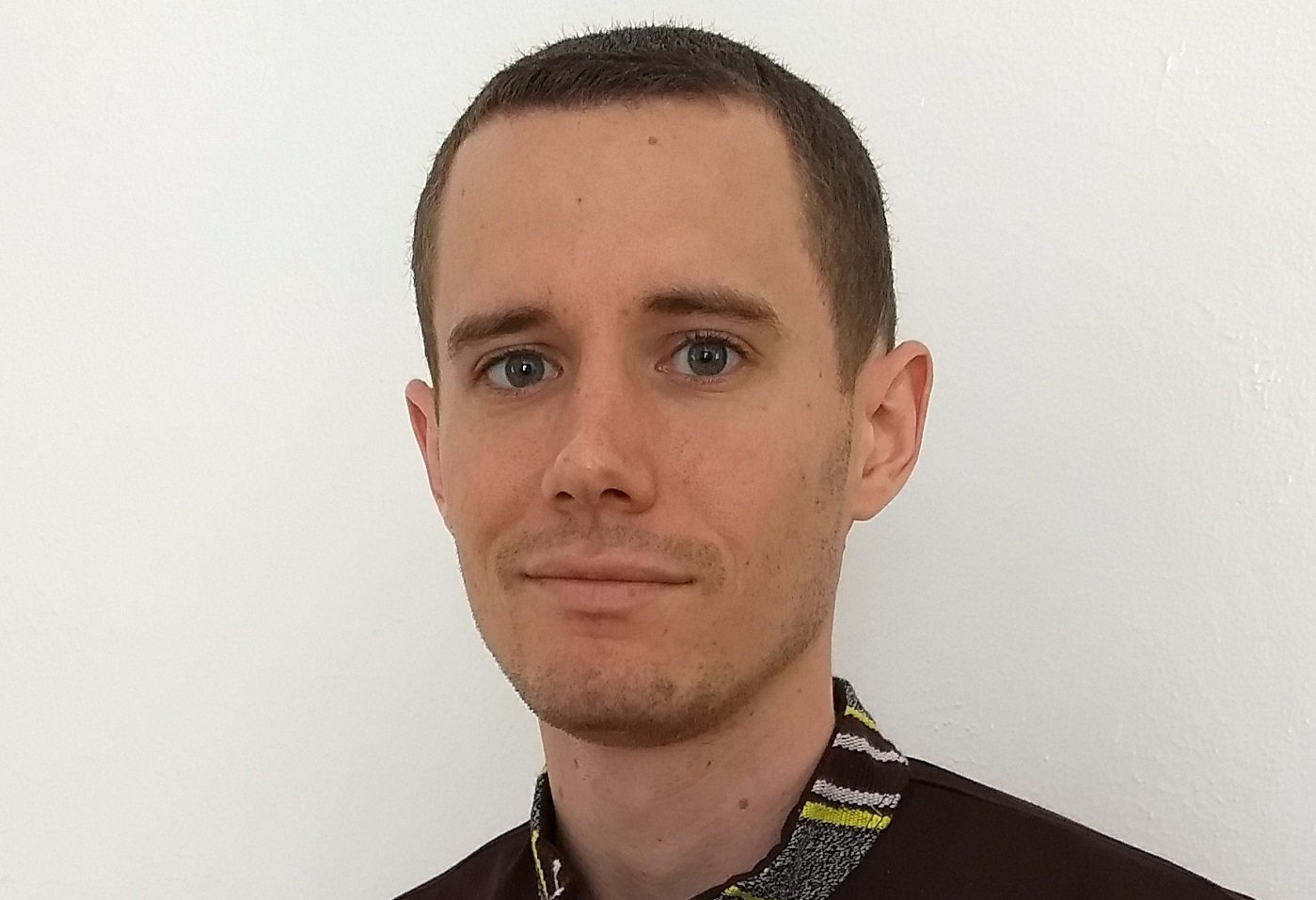The Master of Arts in Public History program will host a day-long symposium, “Queer Public History: At the Intersection of Memory and Space” on Friday, February 28, 2025 9:30 am to 4:30 pm. The Symposium will feature panels by students, scholars and community-based historians who work in the field of queer public history. These sessions will explore how queer theory, life experience and memory (re)shapes historical spaces and offers unique intellectual interventions in the field of public history. We sat down with the organizer of the symposium, Dr. Nishani Frazier, Director of Public History, to discuss the event.
What is the focus of the symposium?
The focus of the symposium is to have our students be introduced to how queer public history has become a key component to the work that we do. The questions that it asks and the methodology that it utilizes, has had a great deal of impact in how we go about our own work, and it’s helpful for the students to be able to see that in real time.
We also have a number of key projects that have come out of the Triangle area focused on queer public heritage sites. The most recent one is the Raleigh queer historic context project, which they want to extend to incorporate oral history interviews. It’s a good way of both introducing students to queer public history writ large, but also community-based, engaged work as well.
Why is the topic of queer history important to showcase?
What I have found is that queer public history and African American history, are really cornerstones for thinking about how we work with vulnerable communities. If you want to understand how to navigate multiple dynamics – some political, some cultural and social – you have to begin with foundational approaches and methodologies that have changed the direction of public history. African American public history and queer public history are both at the center of those kinds of changes and how we do our work. Additionally, Durham, North Carolina, has a long history as a site for lesbian community, dating back to the 1940s, but there’s never been any documentation of that history.
Our current Public History benefactor and sponsor, Mr. Sorrell, is part of the queer community here, but he himself talks about the silence by which the city operates in talking about queer communities, and how there’s a kind of disappearing of the landscape. It’s important to reassert the landscape where vulnerable communities are in a way that allows people to understand that the way they say things, see things may have other meanings for other communities.
Who will be speaking at the symposium?
Our History Department Head, Dr. Traci Voyles, will introduce the Symposium and Dr. Megan Cherry will speak on Laying the Ground Work for Queer Public History. The first panel focuses on our students and their work to give them practice around presentation and conversation. That panel, NCSU Early Career Scholars in Queer Public History, will include two former students, Rebecca Speas and Matt Champagne. Matt received his PhD last year and his dissertation focused on queer Museum Studies. Rebecca has now moved on to the dual degree program at UNC Chapel Hill, and much of her work is around oral history and archiving queer experiences. We also have a current first-year student, Val Skald, who is focused on queer archives.
I also wanted to incorporate students who work outside the Public History program, but yet their work involves public history. Kayla Patterson, a PhD student from the Belk Center for Community College Leadership and Research and Kamau Pope a PhD student at Duke University, are two students who I have been advising on their dissertation projects on queer black history in North Carolina and South Carolina. They will host the panel event Early Career Scholars in Black Queer Public History.
Then we have our Queering the Triangle panel which will feature two groups. Erin Morton and Tania Tully, who are Preservation Planners with the City of Raleigh, will focus on the Raleigh heritage project to document queer sites in Raleigh. Mad Bankson, a Senior Research & Campaign Coordinator at Private Equity Stakeholder Project, which is a nonprofit watchdog organization focused on the growing private equity and private funds industry, will present the lecture “Queer People’s Atlas of the Bull City.”
Our feature presenter, Professor Damon Scott of Miami University, will present his just completed work “Waterfront Queer Drinking Publics in Postwar San Francisco.”
All of our panels are, in one way or another, talking about grappling with the way queer spaces are having to be reinserted into the landscape, and how they were erased through issues like gentrification and urban development. So it’s that kind of sort of beautiful mix of both queer history and space.
Who is this symposium specifically for?
Mainly our students – because they’re obviously the cornerstone of our program – to give them a sense of how to think about the work we do in a professional space, not just in the classroom. And then beyond that, the community. This is a community-based discipline, and the work of this particular department has been community-based as well. We want to continue in that vein by making sure that it’s free and open to the public.
- Categories:



